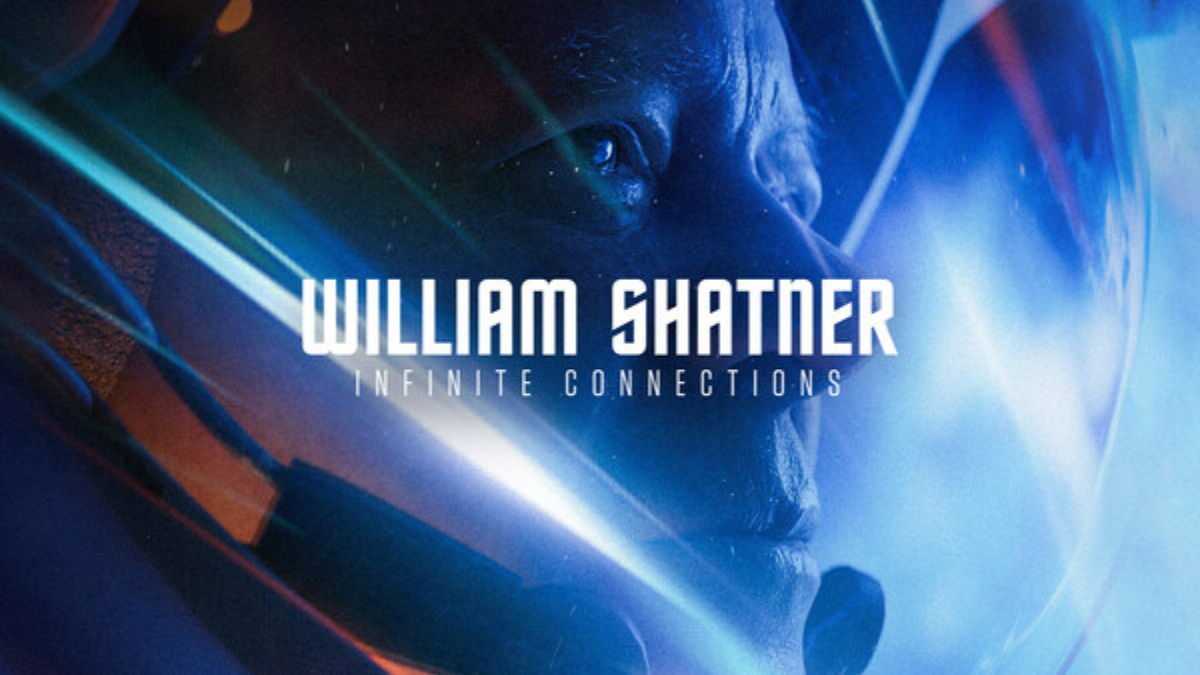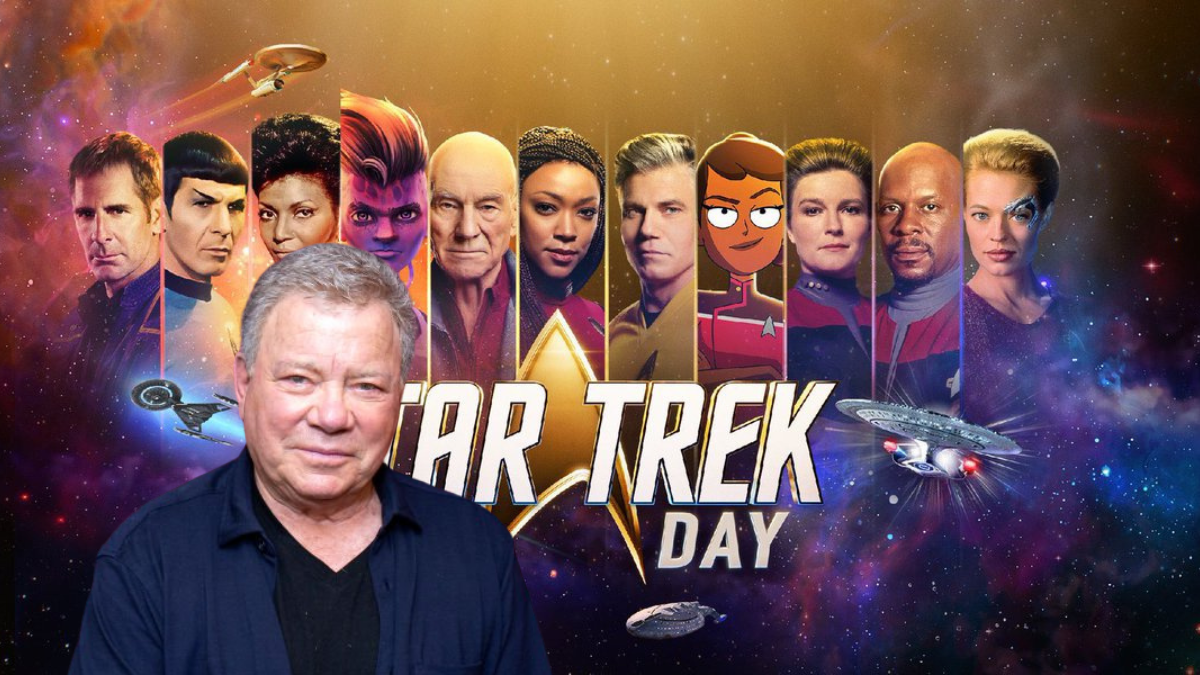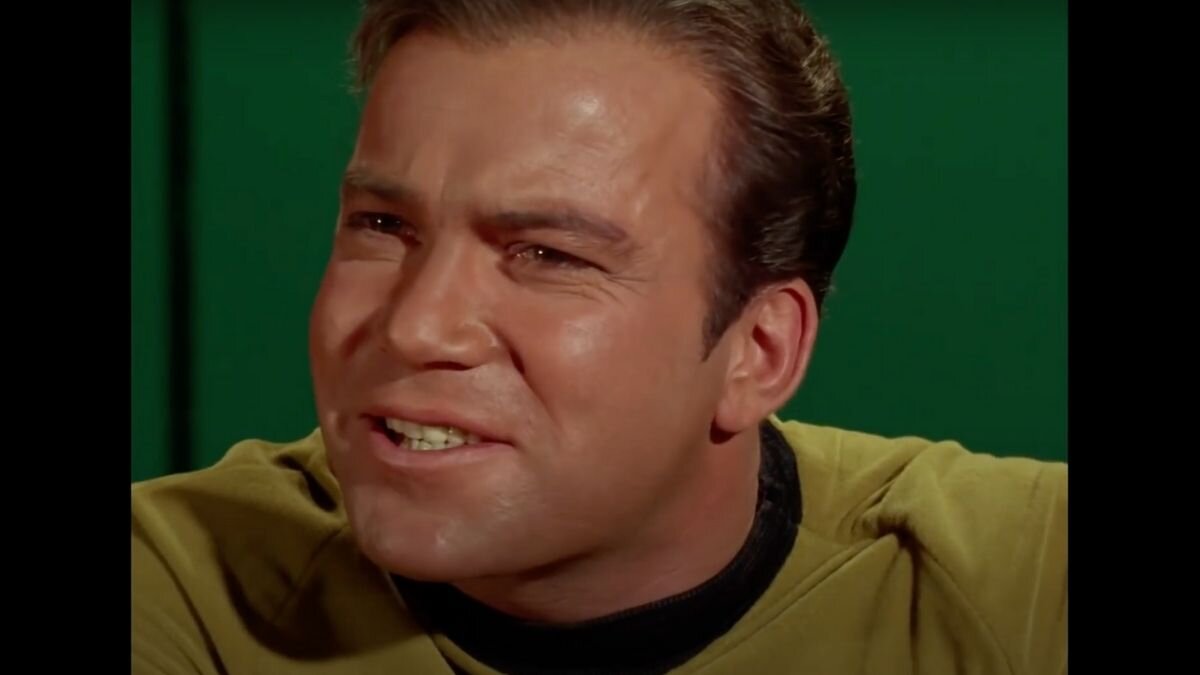William Shatner Weighs In On Using AI to Bring Back STAR TREK's Captain Kirk

William Shatner as Captain Kirk and as himself. Images; Paramount / Michael Loccisano/Getty Images.
In a recent interview with ComicBook.com, William Shatner, the iconic actor best known for his role as Captain James T. Kirk in Star Trek, shared his forward-thinking perspective on the use of artificial intelligence to recreate performances. This comes amidst a broader conversation in the entertainment industry about the ethical implications of using AI to bring back performances from actors who have passed away. Shatner's stance is particularly noteworthy as he contemplates his own mortality and the legacy he will leave behind.
Shatner, who is set to make an appearance at Mega-Con in Orlando, expressed openness to the idea of AI recreating his portrayal of Captain Kirk, but with one important caveat: such projects should only proceed after his death, and with the explicit consent and benefit of his family.
"It's an interesting question," Shatner said. "The strike was all about getting permission to do that. And so if I'm alive, I don't want AI to do that, but if I'm dead and they ask my family and they're going to pay my family very well to sound like me, I would advise them to say yes.”
This nuanced approach underscores Shatner's increasing focus on his legacy and the impact of his work beyond his lifetime. His reflections on mortality and legacy have been further explored in his recent documentary, You Can Call Me Bill. In this project, Shatner offers a deeply personal look into his life, motivations, and the realization of his finite time.
"I've turned down a lot of offers to do documentaries before," Shatner revealed. "But I don't have long to live. Whether I keel over as I'm speaking to you or 10 years from now, my time is limited, so that's very much a factor. I've got grandchildren. This documentary is a way of reaching out after I die."
Shatner's reflections extend beyond his personal narrative, touching on the fleeting nature of celebrity and the lasting impact of actions. He recounted an anecdote about choosing to attend a fundraiser instead of the funeral of his Star Trek co-star, Leonard Nimoy, to emphasize the impermanence of fame versus the enduring ripple effects of good deeds.
"People ask about a legacy. There is no legacy. Statues are torn down. Graveyards are ransacked. Headstones are knocked over. No one remembers anyone," Shatner mused, underscoring his belief in the value of meaningful contributions over mere remembrance.
As Shatner looks toward the future, his openness to AI technology as a means of preserving his portrayal of Captain Kirk reflects a broader contemplation of how technology can serve to honor and extend the legacies of cultural icons. His stance not only acknowledges the potential of AI in the entertainment industry but also highlights the importance of ethical considerations and the consent of those affected by such technologies. As the debate around AI and legacy continues to evolve, Shatner's perspectives offer a poignant reminder of the complexities at the intersection of technology, legacy, and human values.
Chris Post is a life-long fan of Star Trek who has been working in journalism for nearly 25 years.






